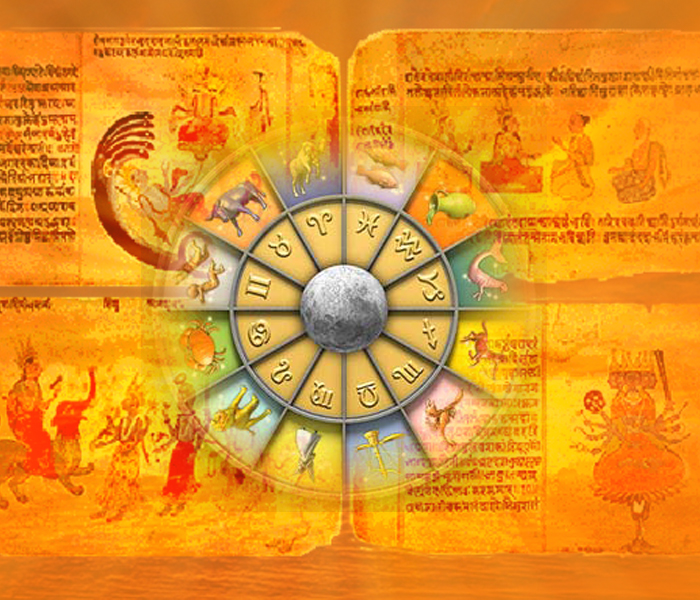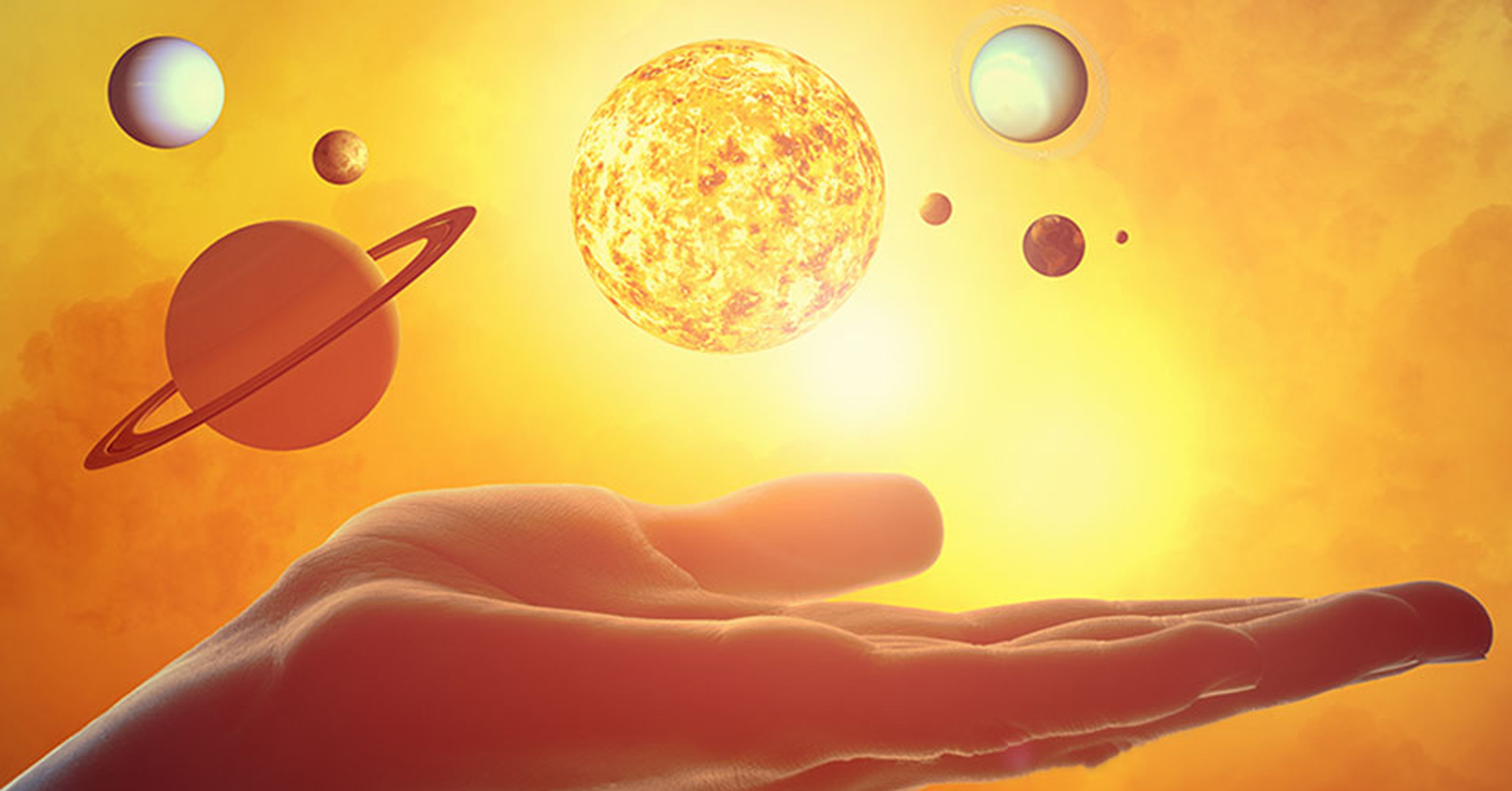Are you ready to dive into the ancient world of Hindu Vedic Astrology? This isn’t just another astrology system—it’s a deep, intricate tapestry of cosmic energy and human destiny. Vedic astrology, or Jyotish, has been guiding lives for thousands of years, offering insights into everything from love and career to health and prosperity. If you’ve ever wondered how the stars align with your life path, this is the place to start. Let’s get into it, shall we?
Vedic astrology is more than just a horoscope or a zodiac sign. It’s a detailed study of planetary movements and their effects on human life. Unlike Western astrology, Vedic astrology uses a sidereal zodiac, which means it aligns with the actual positions of the stars in the sky. This makes it incredibly precise and personalized. So, if you’ve ever felt like your regular horoscope doesn’t quite fit, Vedic astrology might be the missing piece of the puzzle.
In this article, we’re going to explore the core principles of Hindu Vedic astrology, its history, how it works, and why it’s still relevant today. Whether you’re a skeptic or a believer, there’s something here for everyone. So grab your favorite drink, sit back, and let’s uncover the secrets of the universe together. Oh, and don’t worry, we’ll keep it real—no fancy jargon, just good ol’ conversational vibes.
Read also:Did Kirstie Alley Die Unveiling The Truth Behind The Headlines
Table of Contents
- The Rich History of Vedic Astrology
- Core Principles of Hindu Vedic Astrology
- Understanding Vedic Astrology Charts
- The Role of Planets in Vedic Astrology
- The Houses and Their Significance
- Vedic Zodiac Signs Explained
- How Vedic Astrology Predicts Your Future
- Astrological Remedies for Challenges
- Vedic Astrology in the Modern World
- Benefits of Practicing Vedic Astrology
The Rich History of Vedic Astrology
Vedic astrology isn’t just a practice—it’s a tradition that dates back thousands of years. It originated in ancient India and is deeply rooted in the Vedas, the sacred texts of Hinduism. The word "Vedic" comes from the Sanskrit word "Veda," meaning knowledge. So, Vedic astrology is essentially the science of celestial knowledge. It’s been passed down through generations, refined and expanded upon by sages and scholars.
One of the coolest things about Vedic astrology is its connection to spirituality. It’s not just about predicting the future; it’s about understanding your place in the universe. The ancient texts, like the Brihat Parashara Hora Shastra, provide detailed guidelines on how to interpret the stars and planets. And guess what? This knowledge is still relevant today, even in our fast-paced, tech-driven world.
From Ancient Texts to Modern Practice
Back in the day, Vedic astrology was used for everything from choosing auspicious dates for weddings to predicting the outcomes of wars. Kings and emperors relied on astrologers to guide their decisions. Fast forward to today, and people are still turning to Vedic astrology for answers. Whether it’s about career choices, relationships, or personal growth, Vedic astrology offers a roadmap to navigate life’s challenges.
Core Principles of Hindu Vedic Astrology
Now, let’s talk about the core principles that make Vedic astrology so unique. First off, it’s based on the sidereal zodiac, which means it uses the actual positions of the stars. This is different from Western astrology, which uses the tropical zodiac. The sidereal zodiac is more accurate because it accounts for the precession of the equinoxes, a gradual shift in the Earth’s axis over time.
Another key principle is the concept of karma. Vedic astrology believes that your current life is influenced by your past actions, both in this life and previous ones. Your birth chart, or kundli, is like a snapshot of the universe at the moment you were born. It shows the positions of the planets and their influence on your life. Pretty mind-blowing, right?
Your Personal Kundli: A Cosmic Blueprint
Your kundli is basically your astrological birth certificate. It’s a detailed chart that shows the positions of the planets at the time of your birth. Astrologers use this chart to predict various aspects of your life, from your strengths and weaknesses to your potential challenges and opportunities. It’s like having a personal guide to life’s mysteries.
Read also:What Happened To Joe From Impractical Jokers The Untold Story You Need To Know
Understanding Vedic Astrology Charts
So, how does a Vedic astrology chart work? Well, it’s like a map of the sky at the time of your birth. The chart is divided into 12 houses, each representing different areas of life, such as career, relationships, and health. The planets are placed in these houses based on their positions at the time of your birth.
Each house has its own significance. For example, the first house represents your personality and physical appearance, while the seventh house is all about relationships and partnerships. By analyzing the positions of the planets in these houses, astrologers can gain insights into various aspects of your life.
The Significance of Houses in Vedic Astrology
Here’s a quick breakdown of the houses and what they represent:
- First House: Self, Personality
- Second House: Wealth, Family
- Third House: Communication, Siblings
- Fourth House: Home, Mother
- Fifth House: Creativity, Children
- Sixth House: Health, Enemies
- Seventh House: Relationships, Partnerships
- Eighth House: Transformation, Inheritance
- Ninth House: Luck, Philosophy
- Tenth House: Career, Father
- Eleventh House: Gains, Friends
- Twelfth House: Losses, Spirituality
The Role of Planets in Vedic Astrology
Planets play a crucial role in Vedic astrology. There are nine planets, or grahas, in total: Sun, Moon, Mars, Mercury, Jupiter, Venus, Saturn, Rahu, and Ketu. Each planet has its own characteristics and influences different aspects of life. For example, the Sun represents the soul and leadership qualities, while the Moon represents the mind and emotions.
Now, here’s where it gets interesting. The planets don’t just influence you individually; they also interact with each other. These interactions, known as planetary aspects, can either be positive or negative. A positive aspect might bring opportunities and blessings, while a negative aspect could create challenges and obstacles.
The Nine Grahas: Your Cosmic Companions
Let’s take a closer look at the nine grahas and what they represent:
- Sun: Soul, Leadership
- Moon: Mind, Emotions
- Mars: Energy, Courage
- Mercury: Communication, Intellect
- Jupiter: Wisdom, Philosophy
- Venus: Love, Beauty
- Saturn: Discipline, Hardship
- Rahu: Material Desires
- Ketu: Spiritual Growth
The Houses and Their Significance
We’ve already touched on the houses, but let’s dive a little deeper. Each house represents a different area of life, and the planets within them have specific effects. For example, if you have Jupiter in the first house, it might indicate a strong sense of purpose and leadership. On the other hand, if Saturn is in the seventh house, it could suggest challenges in relationships.
Understanding the houses and their interactions is key to interpreting your kundli. It’s like solving a puzzle, where each piece fits together to create a complete picture of your life.
How Houses Interact with Planets
Here’s a fun fact: the houses don’t just work alone. They interact with the planets to create a dynamic energy flow. For instance, if you have a strong planet in a positive house, it can enhance the effects of that house. Conversely, a weak planet in a negative house might amplify the challenges associated with that house. It’s all about balance and harmony.
Vedic Zodiac Signs Explained
Now, let’s talk about the zodiac signs. In Vedic astrology, there are 12 signs, just like in Western astrology. However, the interpretations can be quite different. Each sign is associated with a specific element, quality, and ruling planet. For example, Aries is a fiery sign ruled by Mars, while Taurus is an earthy sign ruled by Venus.
Your zodiac sign, or rashi, is determined by the position of the Moon at the time of your birth. This is different from Western astrology, where the Sun’s position is used. The Moon sign is considered more important in Vedic astrology because it reflects your emotional state and inner self.
Your Rashi: The Key to Your Inner World
Here’s a quick overview of the 12 rashis:
- Aries: Courageous, Impulsive
- Taurus: Practical, Reliable
- Gemini: Communicative, Curious
- Cancer: Emotional, Protective
- Leo: Generous, Dramatic
- Virgo: Analytical, Practical
- Libra: Harmonious, Diplomatic
- Scorpio: Intense, Passionate
- Sagittarius: Adventurous, Optimistic
- Capricorn: Ambitious, Disciplined
- Aquarius: Independent, Unconventional
- Pisces: Compassionate, Artistic
How Vedic Astrology Predicts Your Future
So, how exactly does Vedic astrology predict your future? It’s all about analyzing your kundli and the movements of the planets. Astrologers look at the positions of the planets at the time of your birth and compare them to their current positions. This helps them identify trends and patterns that might affect your life.
It’s important to note that Vedic astrology doesn’t predict specific events. Instead, it provides insights into the energies and influences that might shape your life. Think of it like a weather forecast—it gives you an idea of what to expect, but it’s up to you to decide how to respond.
The Dasha System: Your Cosmic Timeline
One of the coolest features of Vedic astrology is the dasha system. It’s like a cosmic timeline that predicts different phases in your life. Each dasha is associated with a specific planet and lasts for a certain number of years. During each dasha, the energy of the ruling planet influences your life in various ways.
Astrological Remedies for Challenges
Now, let’s talk about remedies. Vedic astrology doesn’t just tell you what’s going to happen; it also offers solutions to help you overcome challenges. These remedies can range from simple practices like wearing specific gemstones to more complex rituals like performing pujas. The idea is to balance the energies in your life and create harmony.
For example, if Saturn is causing trouble in your life, an astrologer might recommend wearing a blue sapphire or performing a Saturn puja. These remedies can help mitigate the negative effects of the planet and bring positive changes into your life.
Types of Remedies in Vedic Astrology
Here are some common remedies used in Vedic astrology:
- Gemstones: Wearing specific gemstones to enhance planetary energy
- Pujas: Performing rituals to appease the planets
- Mantras: Chanting specific mantras for specific planets
- Charity: Giving to charity to balance karma
Vedic Astrology in the Modern World
So, how does Vedic astrology fit into our modern world? Well, it’s more relevant than ever. In today’s fast-paced, stressful


